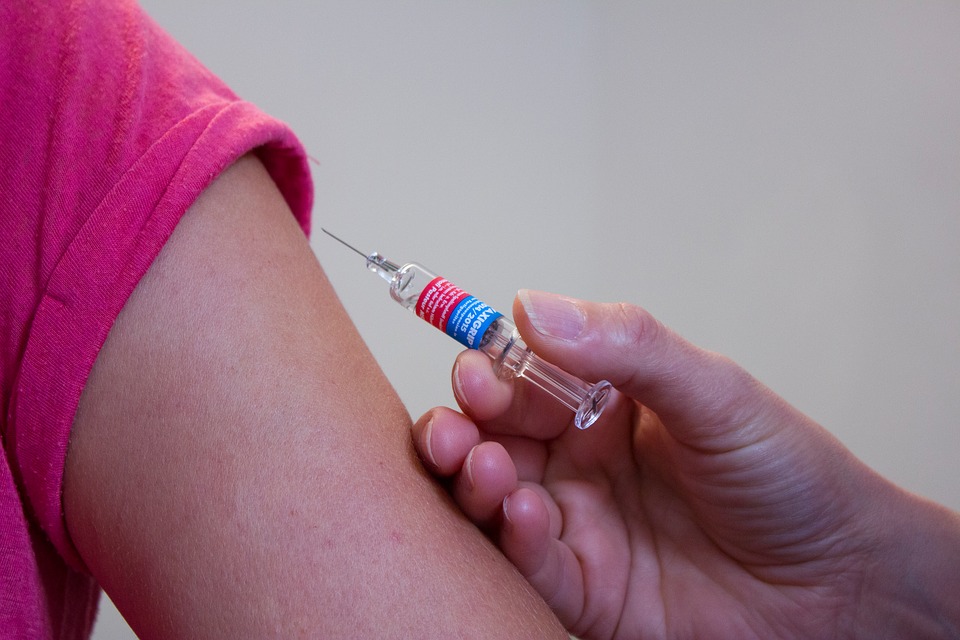
“People with multiple sclerosis (MS) are at higher risk of severe coronavirus infection. However, there has been concern about potential relapse after vaccination. A recent study discovered that people with MS may not face a greater risk of relapse after receiving the COVID-19 vaccine. This study was published in the online issue of Neurology®,
“People with MS face a higher risk of severe COVID infection due to their level of motor disability or exposure to treatments that suppress their immune systems,” said study author Xavier Moisset, MD, PhD, of Clermont Auvergne University in Clermont-Ferrand, France. “Some previous studies have shown relapses after vaccination, causing some people to skip the recommended booster doses. The good news is that our study found no increased risk of relapse after COVID-19 vaccination for nearly all participants.”
Researchers discovered a small increase in relapse risk after a booster dose for patients with high MS activity. This was particularly evident in individuals who experienced at least two relapses in the previous two years, especially those who were not taking any MS medications.
The study included 124,545 individuals with MS in France. They had been living with MS for an average of 14 years and were monitored for 45 days after receiving the vaccine. This period was chosen because potential vaccine-induced relapses typically occur within 28 days after vaccination.
During the study, 102,524 individuals, representing 82% of the participants, received at least one dose of a COVID-19 vaccine. Among them, 95% completed the full vaccination regimen by receiving a second dose, and 59% received an additional booster dose.
In the 45 days following vaccination, researchers examined relapses that required treatment with high-dose corticosteroids.
“After adjusting for other factors that could affect the likelihood of a relapse, such as the time of year and the effect of disease-modifying therapy, researchers found that COVID-19 vaccination did not increase the risk of severe relapse. These results remained consistent after each dose.”
To confirm the findings, researchers compared people who had relapses with those who did not. Once again, they found no increased risk of vaccine exposure. Instead, they identified a slight decrease in relapse risk following vaccination.
“Our findings are reassuring: these vaccines can be used without any worry about the risk of relapse,” Moisset said. “The absence of such a risk is encouraging for people with MS. They may receive booster shots when needed, especially if booster shots are to be repeated in the future.”
“Moisset emphasized extra caution when considering booster vaccinations for patients with high inflammatory activity. It’s important for these patients to first receive disease-modifying treatment. Undertreated individuals and those with highly active disease showed a slightly increased risk after receiving the third vaccine dose. The risk was highest when both factors were combined.”